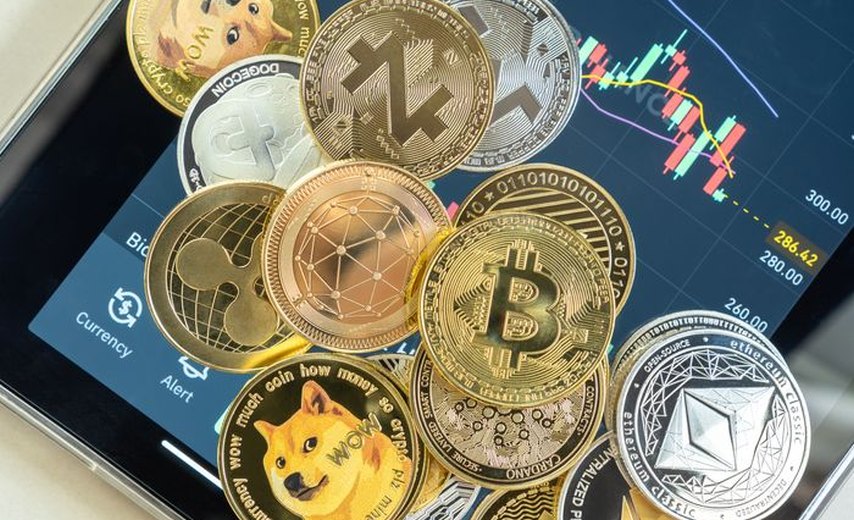Cryptocurrencies are considered securities regardless of how they are sold, federal judge says

Just last month, Ripple Labs won its case against the U.S. Securities and Exchange Commission (SEC) after a court ruling that Ripple’s XRP sales were not securities under the law. The U.S. judge ruled that the company “did not violate federal securities law” by selling its XRP token on public exchanges, setting a precedent for all cryptocurrency coins.
Fast forward two weeks later, a Manhattan federal judge rendered an opinion stating that cryptocurrencies are unequivocally regarded as securities, regardless of the method of sale, according to a report from CNBC.
As a significant consequence of this ruling, the judge also granted the SEC permission to pursue securities charges against Terraform Labs and its founder, Do Kwon. The ruling has far-reaching implications for the landscape of crypto legislation and litigation.
The Monday ruling of U.S. District Judge Jed Rakoff further complicates SEC’s litigation with both Ripple and crypto exchange Coinbase.
Last year, the SEC accused Coinbase of conducting unregistered sales of securities, but the company firmly denies listing any crypto asset securities. Consequently, Coinbase’s shares experienced a 7% decline during midday trading on Tuesday.
Interestingly, this latest opinion contradicts an earlier ruling from the same district court, where Ripple, another cryptocurrency, was not categorized as a security under all circumstances. However, it’s essential to note that this new ruling will not affect the previous one.
The industry saw the Ripple ruling as a favorable outcome because it highlighted that a cryptocurrency’s classification as security can vary depending on the buyer. Despite this, the SEC continues to pursue cases against other exchanges like Binance, Coinbase, and Kraken, arguing that several cryptocurrencies listed on these platforms are, in fact, securities.
“The Court declines to draw a distinction between these coins based on their manner of sale, such that coins sold directly to institutional investors are considered securities and those sold through secondary market transactions to retail investors are not,” Rakoff said of the prior ruling in the Ripple case. “In doing so, the Court rejects the approach recently adopted by another judge of this district in a similar case.”
Meanwhile, Kwon and Terraform Labs are facing serious allegations of engaging in significant fraud against investors. The accusations stem from the unregistered offer and sale of various crypto assets, such as Luna and terraUSD, a stablecoin.
Judge Rakoff’s opinion not only addresses this specific case but also bolsters the arguments put forth by some lawmakers. These lawmakers have been advocating for crypto legislation to bring clarity to the role of regulators and the courts in overseeing crypto markets.
In its efforts to address the issue of unregistered sales of securities, the SEC has been actively pursuing multiple other crypto firms, including big names like Coinbase, Gemini, and Genesis. The scrutiny of these companies highlights the ongoing challenges and importance of establishing clear regulatory guidelines in the cryptocurrency industry.

